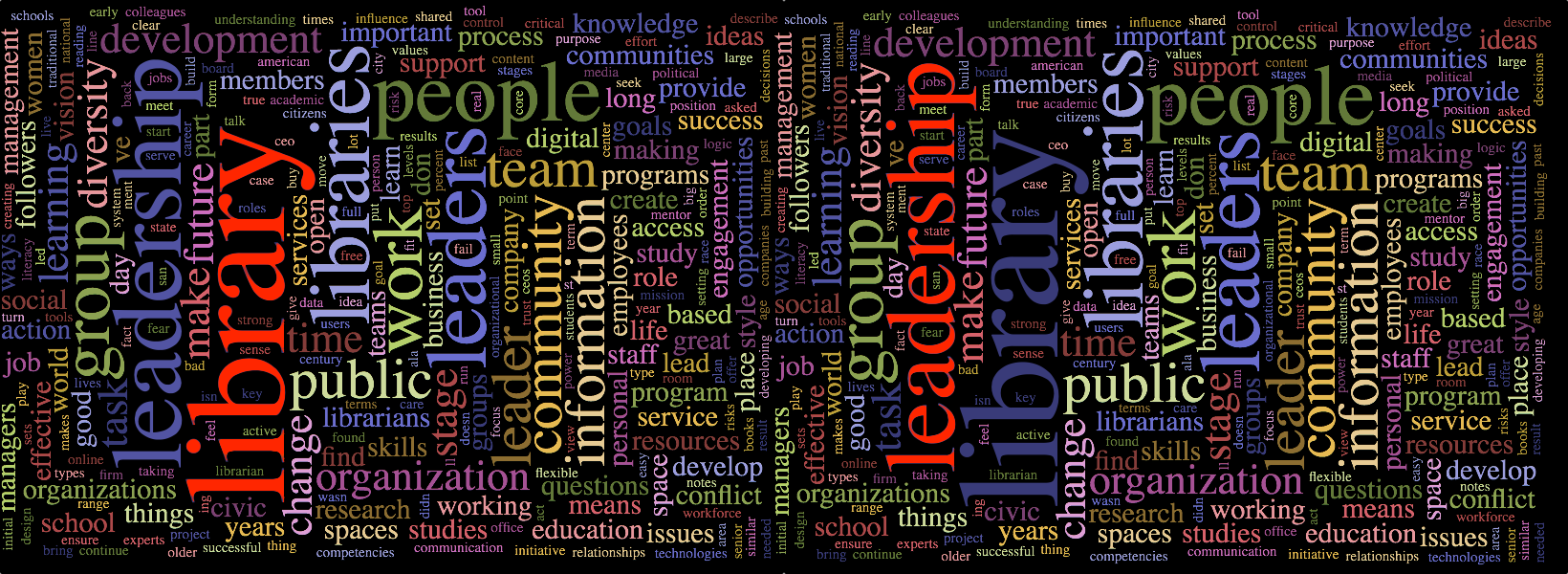When I first moved to Japan right out of college, I heard or read somewhere an aphorism that went something like this:
People who visit Japan for a week or two at a time go home and write books about Japanese culture and society; those who spend more time here – a few months now and then – go home and write articles about Japanese culture and society; but those who have lived here for a few years tend to go home and not talk or write much about Japanese culture and society. They sit quietly and make no attempt to explain.
First, I think this observation could be applied to any culture or society, not just Japan. It happened that I was in Japan at a time when everyone was trying to figure out how Japan worked, so many westerners crowned themselves as experts and wrote about their observations and opinions, but those who wrote the most and had the strongest opinions did not spend much time in Japan – or learn the language.
Second, this observation could be understood in a number of ways. I chose to interpret it as alluding to the challenge of communicating the complexities and nuances of a substantively different system of thought to people who have no basis for understanding that system. Recent neuro-biological research has shown that, indeed, the more you know the more you can know. So if you have spent most of your time in one culture it is hard to learn about a new culture unless you spend a good deal of time in it. I would posit, however, that in addition to neuro-biological influences on learning something new, there are socio-psychological factors that affect one’s ability to learn new things.
First and foremost among them is an awareness that one has an information gap.
Isaac Asimov once ruefully commented that people think that education is something that ends, that once we graduate from school we know as much as we need to know, so once we graduate from school we no longer benefit from seeking out new knowledge. As students in school we are aware that we don’t know everything and there are still things to learn but, as Asimov points out, after we graduate we tend to lose sight of the fact that even everyday life is full of information gaps that need to be filled.
This is as true for wisened scholars at elite universities with their PhDs as it is for high school dropouts working as a deckhands on a ferry. Furthermore, this is as true when it comes to considerations about politics and social policy as it is when it comes to making appliance purchasing decisions.
However, when we sit down with friends and neighbors in our social groups and we start discussing religion, politics, and other complicated subjects full of opinion, how do we know where our information gaps are? How do we know what we don’t know?
I think the answer is rather simple: We can’t.
Therefore, we owe it to ourselves and to the world we live in to assume we know very little. In the grand scheme of things, whether the subject is nuclear physics or political science, even the experts have imperfect, incomplete knowledge. We may not know specifically what we don’t know, but we should look, listen, and read not only for new facts but for new or reinforcing insights in the opinions of others. There will always be more to learn, so we should start with the assumption that our information is incomplete and actively seek to discover, and fill-in, the gaps.
